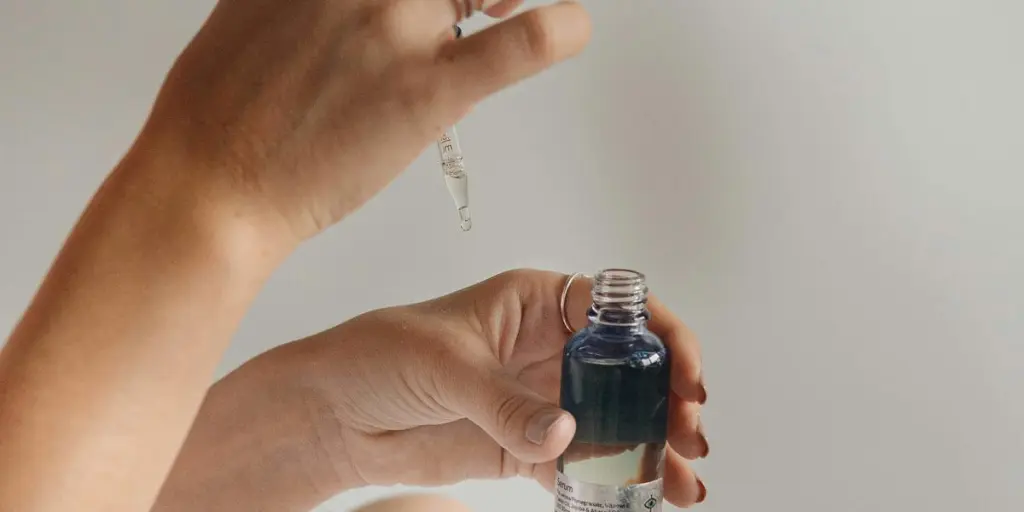In the ever-evolving landscape of beauty and personal care, hair loss serums have emerged as a beacon of hope for many. As we step into 2025, the demand for these potent elixirs continues to soar, driven by a blend of scientific advancements and shifting consumer preferences. This guide delves into the burgeoning market of hair loss serums, offering business buyers a detailed look at their potential and the trends propelling their popularity.
Table of Contents:
– Understanding Hair Loss Serums and Their Market Potential
– Exploring Popular Types of Hair Loss Serums
– Addressing Consumer Pain Points with Innovative Solutions
– Key Factors to Consider When Sourcing Hair Loss Serums
– Wrapping Up: The Future of Hair Loss Serums in the Beauty Industry
Understanding Hair Loss Serums and Their Market Potential
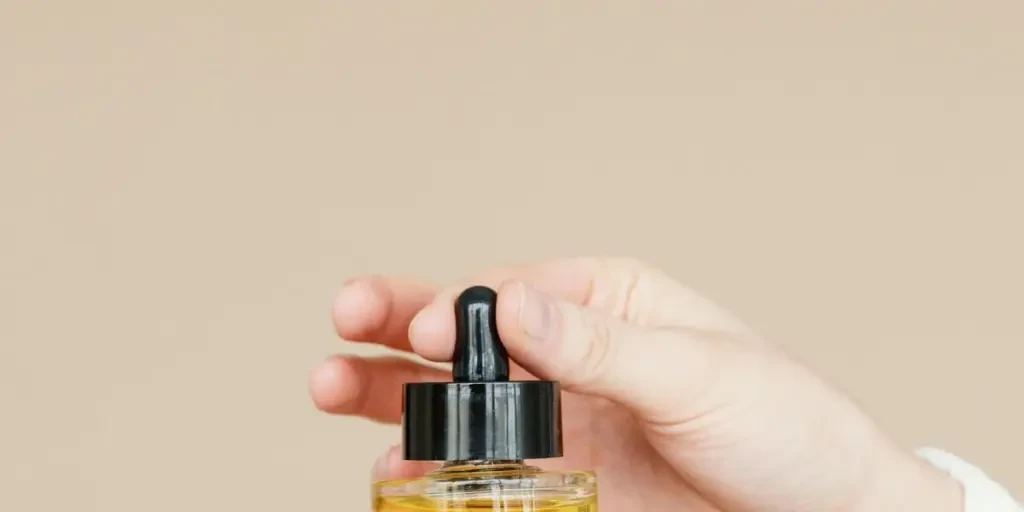
What Are Hair Loss Serums and Why They Are Gaining Popularity
Hair loss serums are specialized formulations designed to combat hair thinning and promote regrowth. These serums typically contain a mix of active ingredients such as minoxidil, biotin, peptides, and botanical extracts, each targeting different aspects of hair health. The global hair loss treatment products market, which includes serums, has shown remarkable growth. According to recent data, the market grew from USD 5.63 billion in 2023 to USD 6.03 billion in 2024 and is projected to reach USD 9.38 billion by 2030, growing at a CAGR of 7.56%. This surge is fueled by the increasing prevalence of alopecia and a growing awareness of available treatments.
Social Media Trends and Hashtags Driving Demand
The influence of social media on consumer behavior cannot be overstated. Platforms like Instagram and TikTok have become hotbeds for beauty trends, with hashtags such as #HairGrowthJourney, #HealthyHair, and #HairCareRoutine garnering millions of views. Influencers and beauty enthusiasts frequently showcase their hair transformation stories, often crediting hair loss serums for their success. This visual validation not only boosts consumer confidence but also drives demand. The virality of these posts creates a ripple effect, encouraging more users to try these products and share their experiences, further amplifying the trend.
Aligning with Broader Beauty and Wellness Trends
The rise of hair loss serums is also closely tied to broader beauty and wellness trends. Consumers today are more informed and proactive about their health and appearance. There is a growing preference for products that offer holistic benefits, addressing not just the symptoms but the underlying causes of hair loss. This aligns with the increasing demand for natural and organic products, as consumers seek safer and more sustainable options. The market for hair serums, which includes both conventional and organic variants, is expected to reach $2.1 billion by 2030, growing at a CAGR of 8.1%. This growth is indicative of the broader shift towards wellness-oriented beauty solutions.
In conclusion, the hair loss serum market is poised for significant growth, driven by scientific advancements, social media influence, and a shift towards holistic beauty and wellness. For business buyers, understanding these dynamics is crucial to capitalizing on the opportunities this market presents.
Exploring Popular Types of Hair Loss Serums
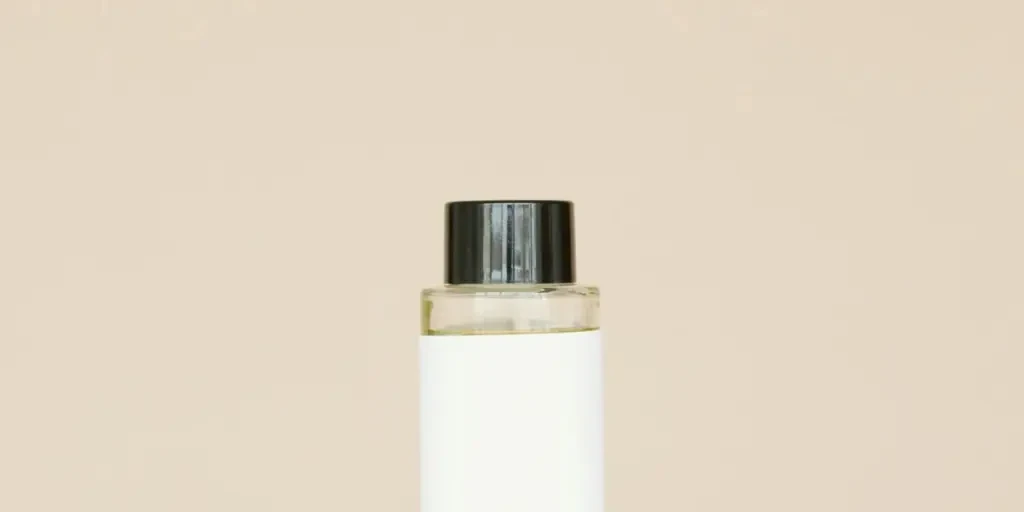
Natural and Organic Serums: Benefits and Drawbacks
Natural and organic hair loss serums have gained significant traction in recent years, driven by the increasing consumer demand for clean beauty products. These serums typically contain plant-based ingredients, essential oils, and botanical extracts known for their nourishing properties. For instance, JSHealth’s Vita-Growth Scalp Serum, which is infused with Capilia Longa™, Baicapil™, and Hairiline™, offers a clean, vegan, and oil-free formula that is free from parabens, sulfates, silicones, and synthetic fragrances. This serum has shown up to an 89% reduction in hair loss and a 59% increase in density, making it a popular choice among consumers seeking natural solutions.
However, while natural and organic serums are appealing due to their eco-friendly and health-conscious formulations, they may have some drawbacks. The efficacy of these products can vary significantly depending on the quality and concentration of the active ingredients. Additionally, natural serums may have a shorter shelf life compared to their chemical-based counterparts, as they often lack synthetic preservatives. Business buyers should consider these factors when sourcing natural and organic hair loss serums, ensuring that the products meet quality standards and consumer expectations.
Chemical-Based Serums: Effectiveness and Consumer Concerns
Chemical-based hair loss serums are formulated with synthetic ingredients that target specific hair loss issues more aggressively. These serums often contain clinically proven actives such as minoxidil, finasteride, and other growth stimulants. For example, the Celluma Restore Hair Serum combines Redensyl, Capixyl, and Anargy to support hair follicles and prevent buildup, enhancing hair growth potential. Such formulations are known for their effectiveness in treating hair loss conditions like androgenetic alopecia and stress-related hair loss.
Despite their effectiveness, chemical-based serums can raise consumer concerns regarding potential side effects and long-term safety. Ingredients like minoxidil may cause scalp irritation, dryness, or other adverse reactions in some users. Therefore, it is crucial for business buyers to source products that have undergone rigorous testing and have clear usage guidelines to mitigate these concerns. Additionally, providing transparent information about the ingredients and their potential effects can help build consumer trust and confidence in chemical-based hair loss serums.
Hybrid Formulations: Combining the Best of Both Worlds
Hybrid hair loss serums offer a balanced approach by combining natural and synthetic ingredients to maximize efficacy while minimizing potential side effects. These formulations leverage the strengths of both natural extracts and clinically proven actives. For instance, KilgourMD’s two-step scalp care system includes The Prevention Serum, which targets oxidative stress with antioxidants, and The Treatment Serum, which stimulates hair follicle growth with a proprietary botanical blend and green tea-derived active.
Hybrid formulations are designed to provide comprehensive hair care solutions, addressing multiple aspects of hair health, from scalp vitality to hair density. Business buyers should consider hybrid serums as they cater to a broader consumer base, appealing to those who seek the benefits of natural ingredients without compromising on the effectiveness of chemical actives. Ensuring that these products meet regulatory standards and are backed by clinical evidence can further enhance their marketability.
Addressing Consumer Pain Points with Innovative Solutions

Common Issues Faced by Consumers
Consumers dealing with hair loss often face a range of issues, including thinning hair, scalp irritation, and lack of visible results. Stress, hormonal imbalances, and environmental factors can exacerbate these problems, making it challenging to find effective solutions. Products like Act+Acre’s Daily Hydro Scalp Serum, which delivers intense hydration and soothes dry scalp conditions, address these common pain points by providing immediate relief and long-term benefits.
Effective Ingredients to Look For
When sourcing hair loss serums, business buyers should prioritize products containing effective ingredients known for their hair growth and scalp health benefits. Ingredients such as peptides, biotin, niacinamide, and botanical extracts like apple, bamboo, and alpine rose are highly regarded for their therapeutic properties. For example, Cécred’s Restoring Hair & Edge Drops utilizes Biopeptide-5 and Bioactive Keratin Ferment to improve hair density and strength, making it a suitable option for individuals facing thinning hair due to hormonal changes or stress.
Innovations in Hair Loss Serum Technology
Innovations in hair loss serum technology are continually emerging, offering new opportunities for business buyers to source cutting-edge products. Advances in delivery systems, such as microsphere and nanosphere technology, enhance the absorption and efficacy of active ingredients. Hairapy’s Restorative Scalp Serums, formulated with BioAdapt8 and a clinically proven delivery system, exemplify how innovative technology can improve product performance and consumer satisfaction. Additionally, the integration of LED light therapy with serums, as seen with the Celluma Restore Hair Serum, provides a holistic approach to hair loss treatment, combining topical and light-based therapies for enhanced results.
Key Factors to Consider When Sourcing Hair Loss Serums
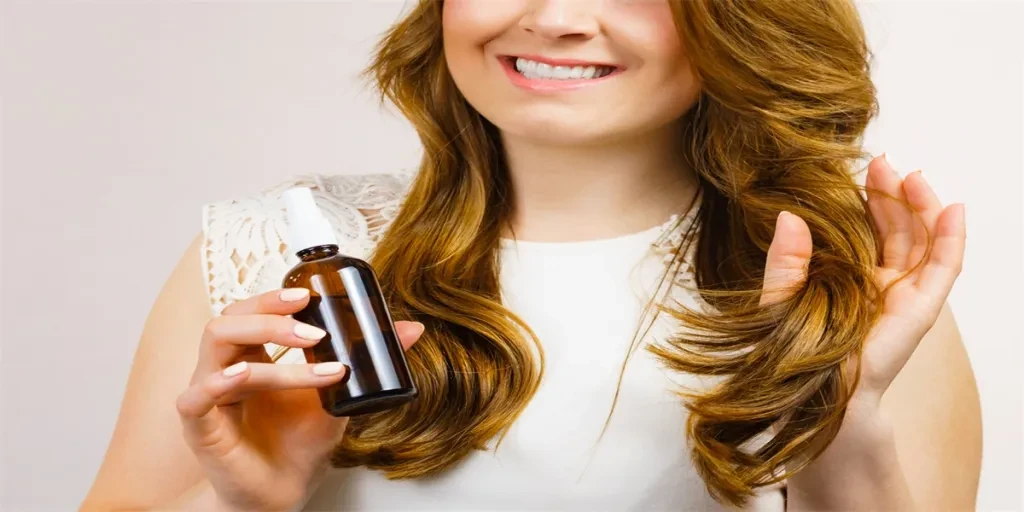
Quality and Safety Standards
Ensuring that hair loss serums meet high-quality and safety standards is paramount for business buyers. Products should be manufactured in facilities that adhere to Good Manufacturing Practices (GMP) and undergo rigorous testing for efficacy and safety. Certifications from reputable organizations, such as the US Food and Drug Administration (FDA) or equivalent regulatory bodies, can provide additional assurance of product quality. For instance, the increasing consumer preference for dermatology-approved products highlights the importance of sourcing serums that have been clinically tested and validated.
Supplier Reliability and Certifications
The reliability of suppliers is a critical consideration when sourcing hair loss serums. Business buyers should partner with suppliers who have a proven track record of delivering high-quality products consistently. Certifications such as ISO 9001 for quality management systems and ISO 22716 for cosmetic Good Manufacturing Practices can indicate a supplier’s commitment to maintaining high standards. Additionally, suppliers who offer transparent information about their sourcing practices and ingredient origins can help build trust and credibility with consumers.
Pricing and Market Positioning
Pricing and market positioning are essential factors that influence the success of hair loss serums in the market. Business buyers should conduct thorough market research to understand the competitive landscape and identify pricing strategies that align with consumer expectations. Offering a range of products at different price points can cater to diverse consumer segments, from budget-conscious buyers to those seeking premium solutions. For example, CeraVe’s Anti-Dandruff Shampoo and Conditioner system, available exclusively through Walmart, demonstrates how strategic pricing and distribution partnerships can enhance product accessibility and market reach.
Wrapping Up: The Future of Hair Loss Serums in the Beauty Industry
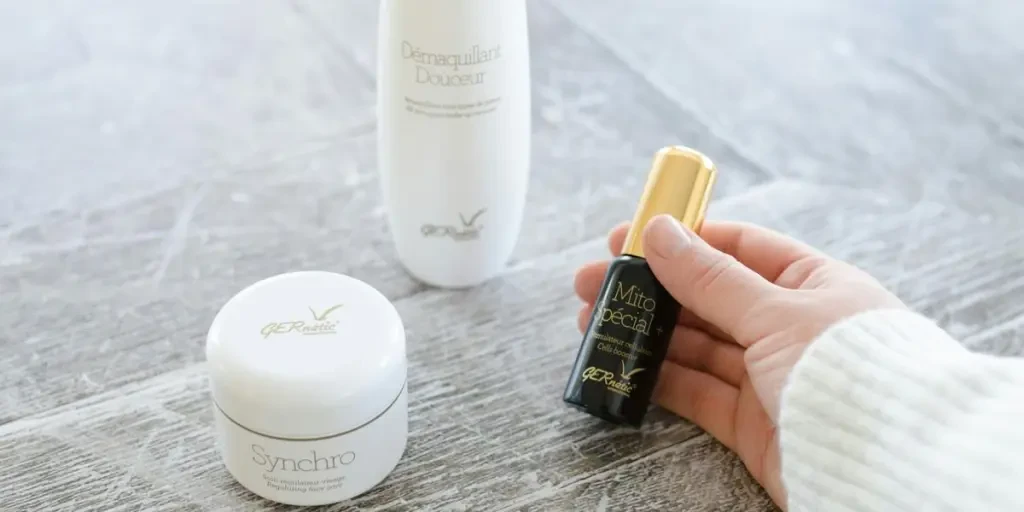
The future of hair loss serums in the beauty industry looks promising, with ongoing innovations and a growing emphasis on clean, effective, and personalized solutions. Business buyers who prioritize quality, safety, and consumer-centric formulations will be well-positioned to meet the evolving demands of the market. By leveraging advancements in technology and maintaining strong supplier partnerships, they can offer products that not only address hair loss but also enhance overall hair and scalp health.
